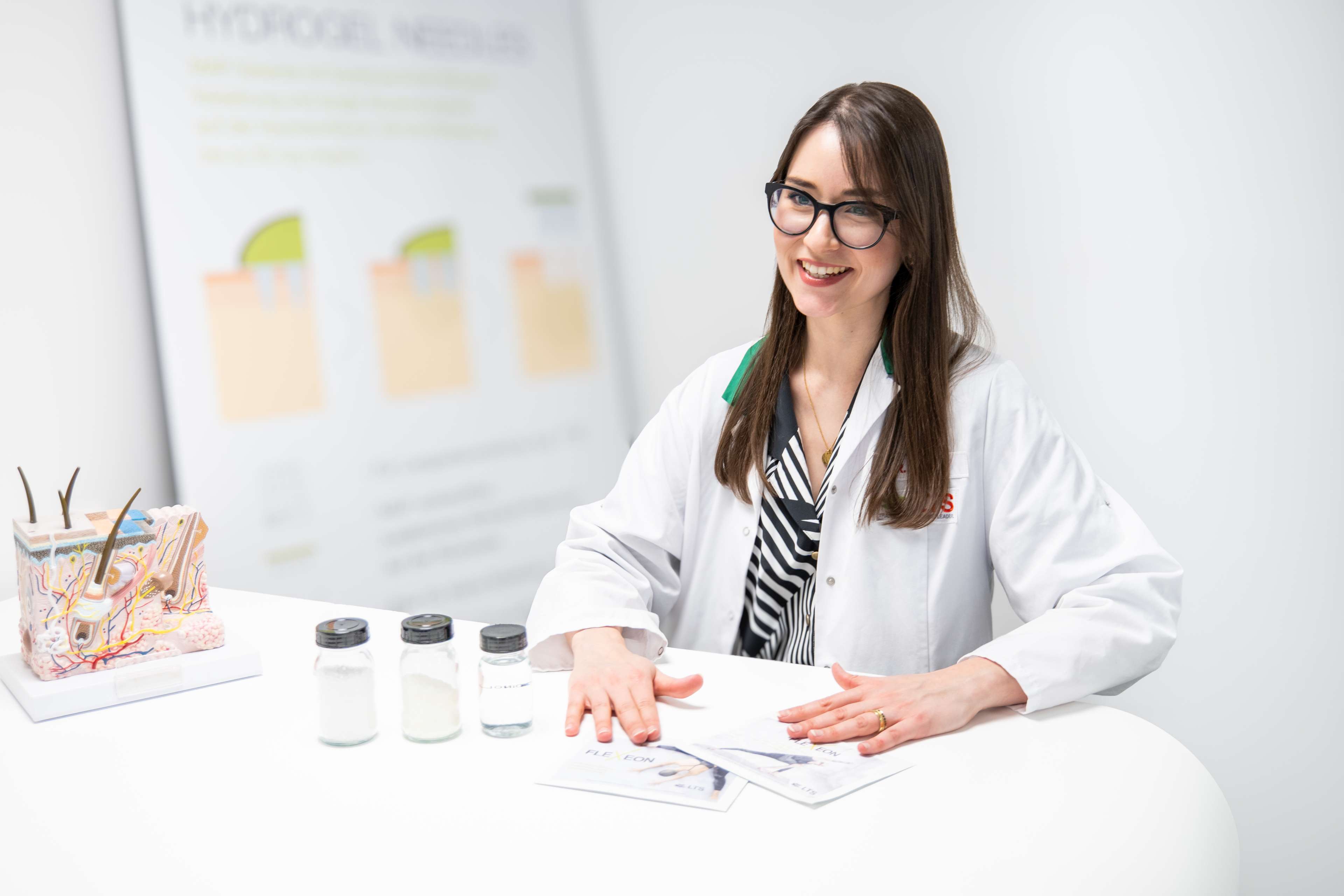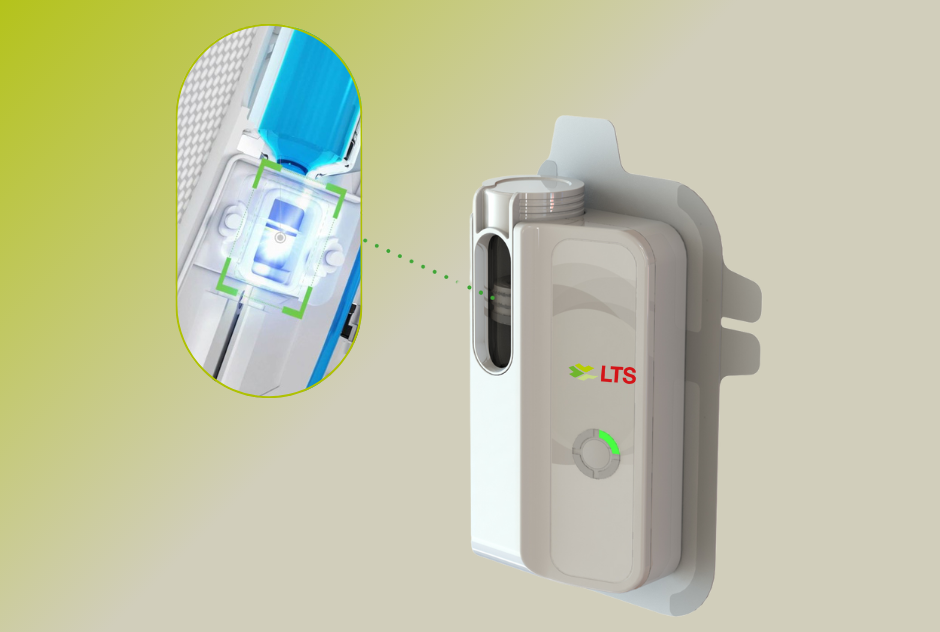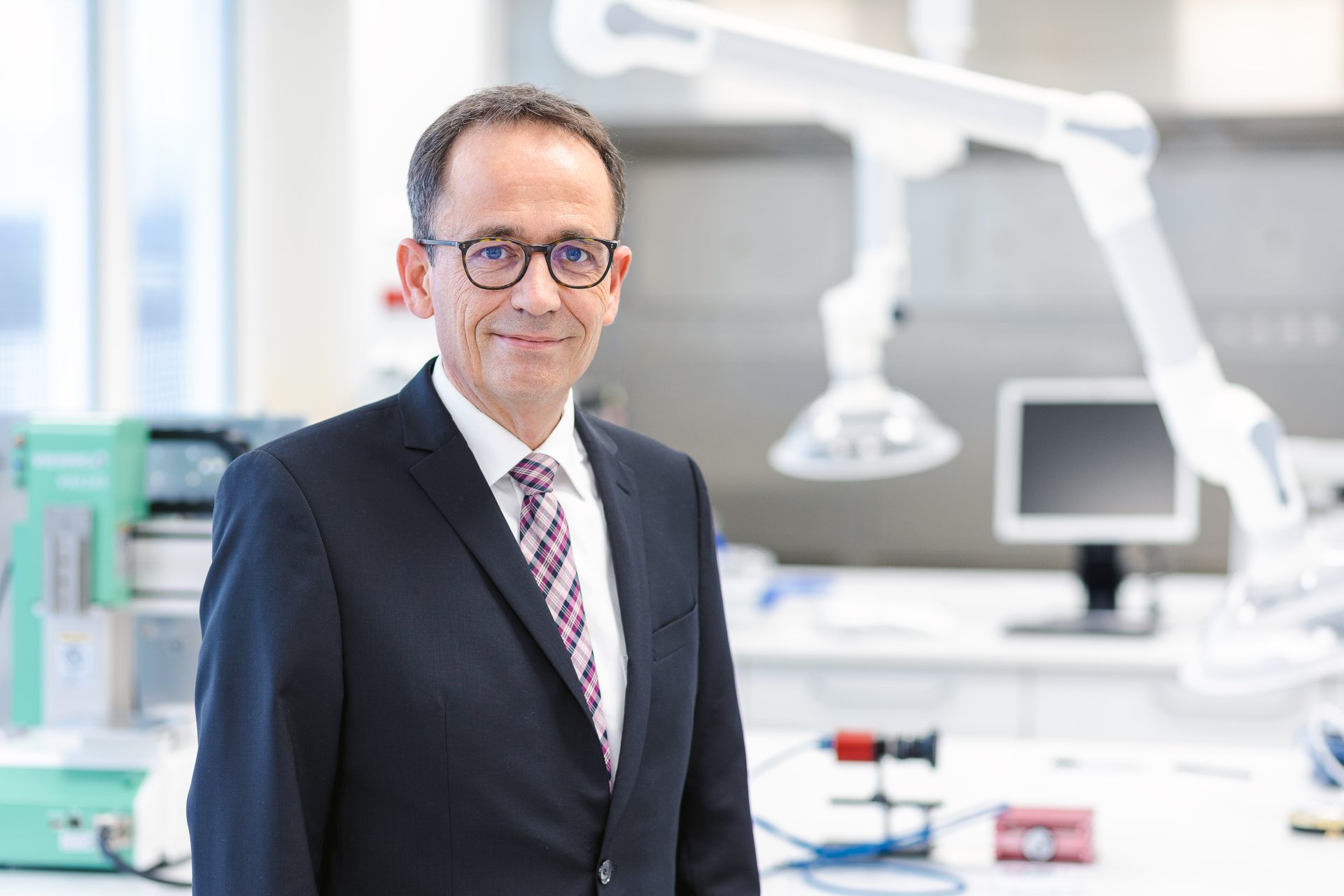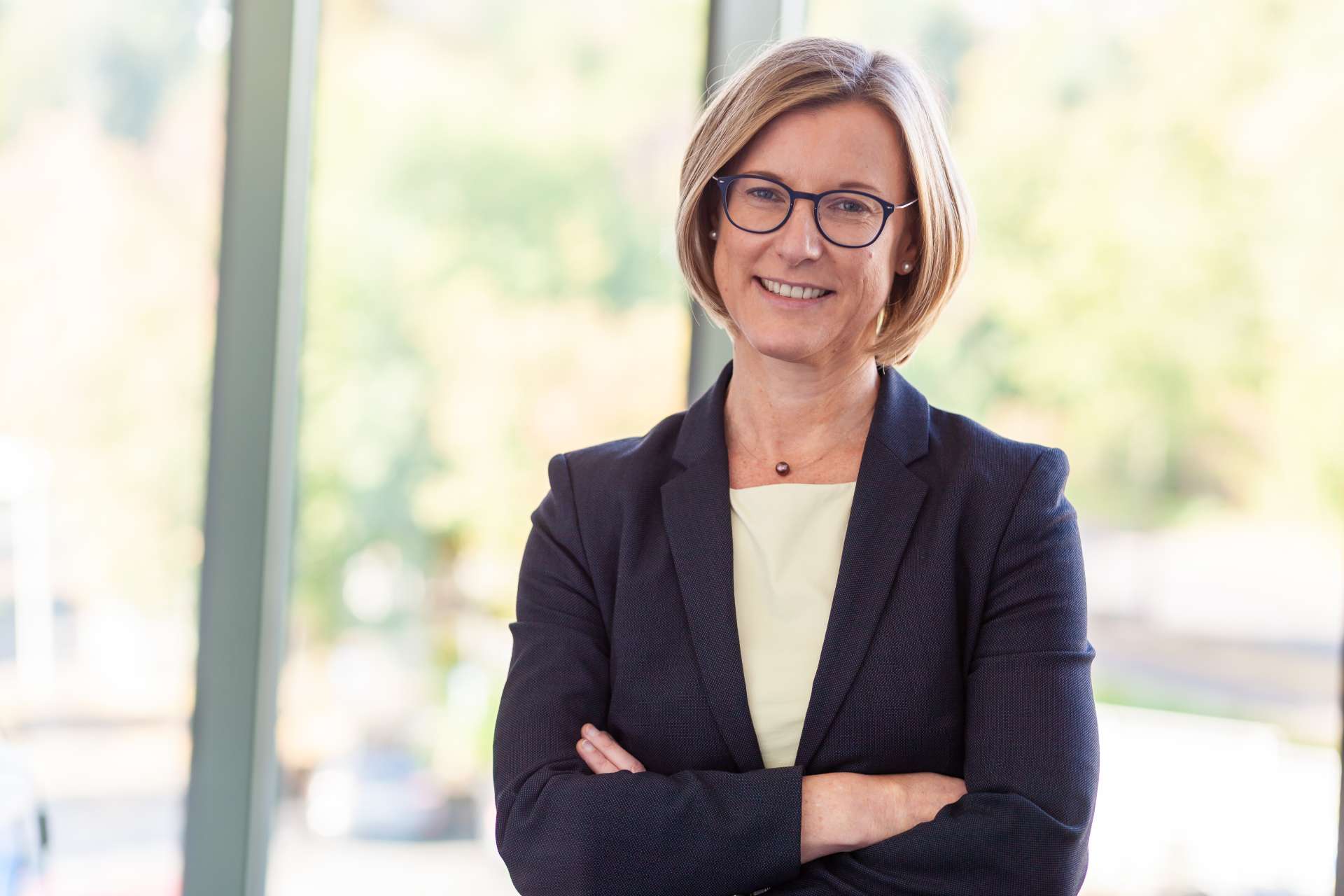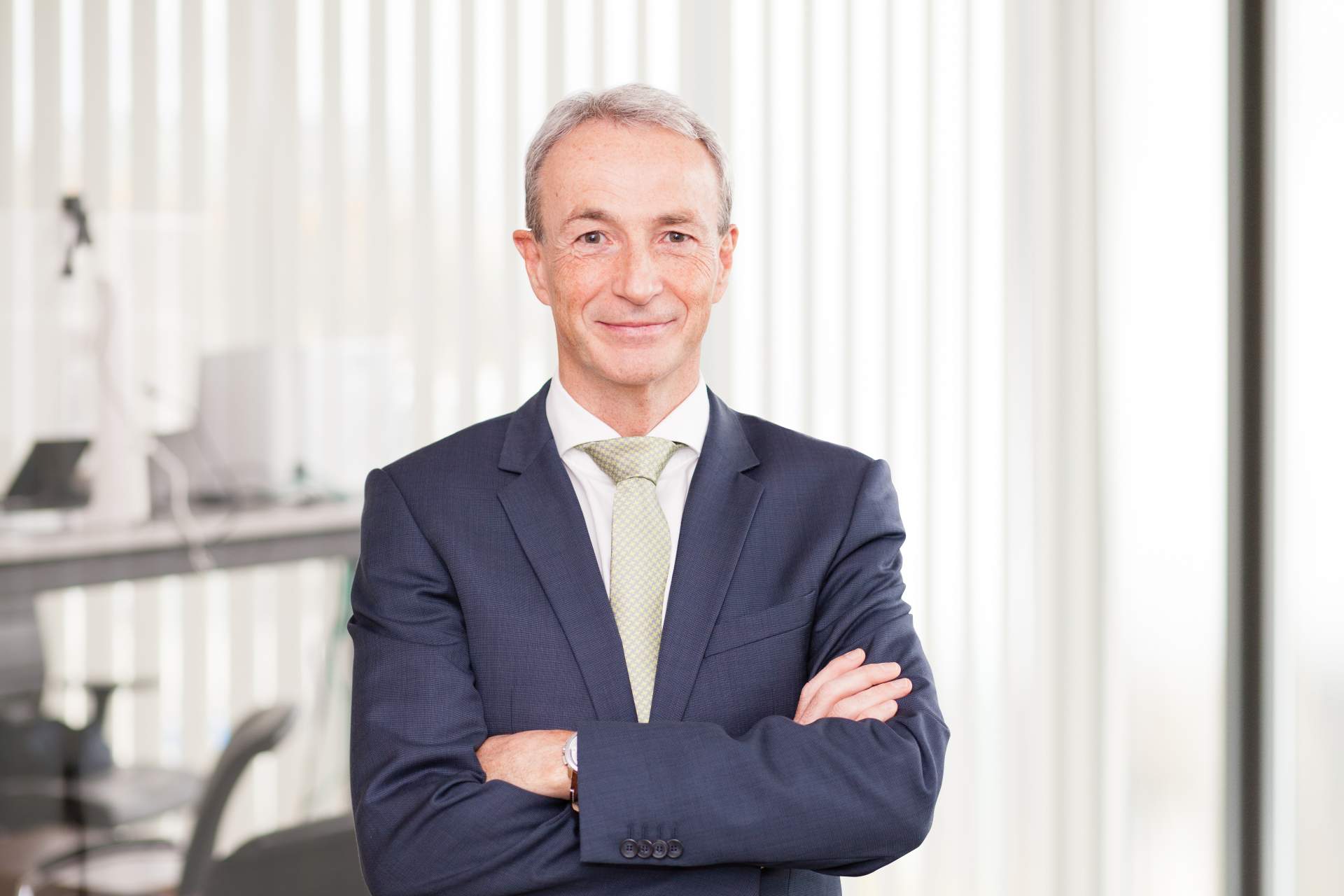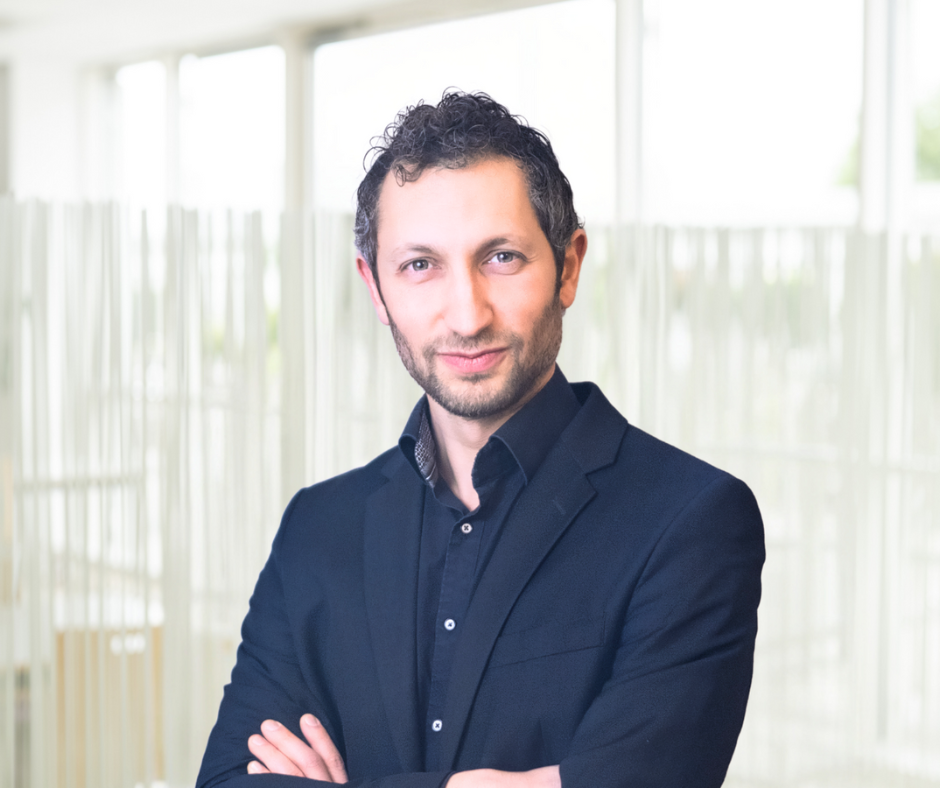
Interview with Slawa Troubniakov, Head of Sustainability
Positive impact is a concept that we consider as our guiding principle at LTS. Across our diverse portfolio of drug delivery technologies, innovation is motivated by the idea of achieving optimal benefit for patients and our partners. In recent years, the same approach has also been applied to our thinking around the environment, ensuring we take necessary and impactful actions, contributing to the positive impact on the sustainability of the planet. And while I am relatively new to LTS, I know I am lucky to have joined a business that has built a strong platform to address the many challenges we must overcome to achieve this goal.
Regulatory change in sustainability continues to come thick and fast, making compliance a key priority. For LTS, that means we implemented measures outlined by the German Supply Chain Act as well as the Corporate Sustainability Reporting Directive (CSRD) set out by the European Union. Indeed, we are currently producing the first LTS sustainability report according to CSRD.
Decarbonisation is also a major area of focus, and one where we can make a real difference. Two years ago, LTS committed to join the Science-Based Targets initiative (SBTi) to establish targets for a significant reduction in CO2 emissions by avoiding fossil energy sources and moving to renewable ones. The scoping process involved is complex, but this year we calculated our corporate carbon footprint, and we are currently submitting the SBTi documents for validation.
Organically and through acquisition we have driven truly dynamic growth, and while this is clearly very positive for the business, it can present a separate set of considerations when it comes to sustainability. It puts us in a situation where we have new sites and operations around the globe, and we need to make sure they are all connected so we can generate the consolidated data we need to monitor, measure and improve in a coherent and consistent way.
Internally, we are very clear on our priorities and KPIs we are aiming for, but outside of the business, there is a proliferation of standards, regulations, tools and concepts that continue to evolve and emerge. This can sometimes create a situation where we are comparing apples and oranges. As such, I’m confident that we will see a level of consolidation and standardisation in next couple of years. This will ensure everyone is working to best practice, allowing us to learn from each other and compare data to common standards. At an operational level, it will also help generate savings in time and effort.
Ultimately, our ambition is to elevate sustainability out of the realms of compliance alone to ensure it is considered in a more holistic way. Yes, compliance must be an essential pillar of our strategy, but can we approach sustainability in a way that also brings genuine benefits to the business? One important way that we can achieve this goal is to consider the potential for delivering savings to the bottom line, and we already have well-established initiatives that are achieving this goal. Focusing on areas such as energy efficiency and circularity, for example, can realise valuable cost savings.
But I also believe there is no reason why we can’t be more ambitious and consider how sustainability can deliver growth to the top line. The low-carbon practices that we continue to implement across LTS and the sustainability of our products provide a real point of differentiation, and that creates real potential for influencing purchasing decisions among partners who are equally driven to reduce their carbon footprint.
We understand, that we need to enable the organization to execute on the aligned plan. This requires clear communication about our ambitions and the upcoming steps.
For LTS, our future communication efforts will be guided by our strategic plan for sustainability, which has been developed in collaboration with the marketing and communications experts. It is based on an understanding of what our stakeholders – both internal and external – need to hear from us to ensure they are informed and involved in our progress. Ticking boxes will take us so far, but if we can embed sustainability more deeply into our business, we can deliver meaningful impact that goes well beyond the environment.
You can watch the whole interview on Youtube.
